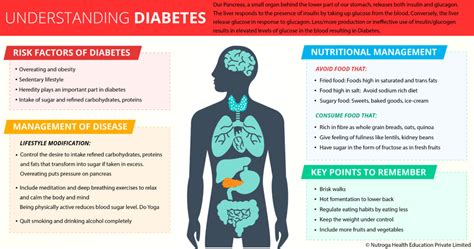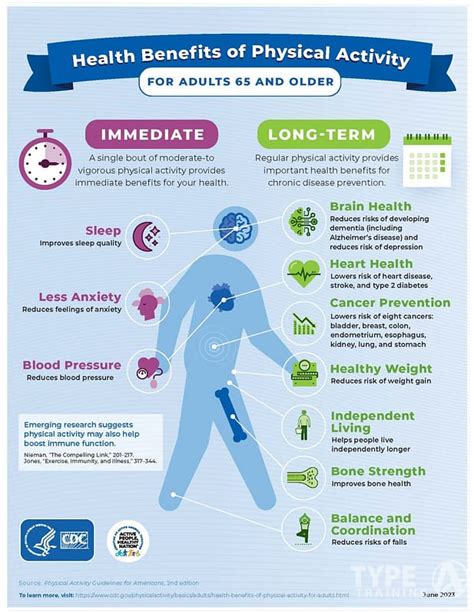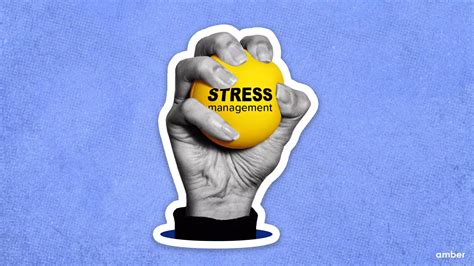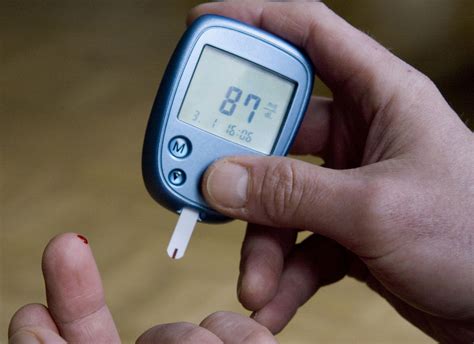Intro
Manage diabetes effectively with 5 expert tips, covering blood sugar control, healthy diets, exercise routines, and stress management for diabetics, promoting overall wellness and disease prevention strategies.
Diabetes is a chronic health condition that affects millions of people worldwide. It is characterized by high blood sugar levels, which can lead to a range of complications if left unmanaged. As a diabetic, it is essential to take control of your condition by making lifestyle changes and following a treatment plan. In this article, we will discuss five tips that can help diabetics manage their condition and improve their overall health.
Living with diabetes requires a significant amount of effort and dedication. It is crucial to understand the importance of managing blood sugar levels, maintaining a healthy diet, and engaging in regular physical activity. By following these tips, diabetics can reduce their risk of developing complications and improve their quality of life. Whether you are newly diagnosed or have been living with diabetes for years, it is never too late to make positive changes and take control of your health.
Diabetes is a complex condition that requires a comprehensive approach to management. It is not just about taking medication or monitoring blood sugar levels; it is also about making lifestyle changes that promote overall health and well-being. By understanding the importance of diet, exercise, and stress management, diabetics can develop a personalized plan that meets their unique needs and helps them achieve their health goals. In the following sections, we will delve deeper into the five tips that can help diabetics manage their condition and improve their overall health.
Understanding Diabetes

Types of Diabetes
There are several types of diabetes, including gestational diabetes, which develops during pregnancy, and latent autoimmune diabetes in adults (LADA), which is a form of type 1 diabetes that develops in adults. Understanding the type of diabetes you have is crucial in developing an effective treatment plan. By working with your healthcare provider, you can determine the best course of treatment and make lifestyle changes that promote overall health and well-being.Dietary Changes

Meal Planning
Meal planning is an essential aspect of diabetes management. It involves planning and preparing healthy meals in advance to ensure that you are getting the nutrients you need to manage your condition. A registered dietitian or a certified diabetes educator can help you develop a personalized meal plan that takes into account your dietary needs and preferences. By following a meal plan, diabetics can regulate their blood sugar levels, manage their weight, and improve their overall health.Physical Activity

Exercise Tips
Here are some exercise tips for diabetics: * Start slowly and gradually increase the intensity and duration of your workouts * Choose physical activities that you enjoy and that fit your lifestyle * Aim for at least 150 minutes of moderate-intensity aerobic exercise per week * Incorporate strength-training exercises into your routine to improve insulin sensitivity and overall health * Consult with your healthcare provider before starting any new exercise programStress Management

Relaxation Techniques
Here are some relaxation techniques that can help diabetics manage stress: * Meditation: involves focusing your mind on a single point, such as a mantra or your breath * Yoga: involves physical postures, breathing techniques, and meditation to promote relaxation and reduce stress * Deep breathing exercises: involve taking slow, deep breaths to calm the mind and body * Progressive muscle relaxation: involves tensing and relaxing different muscle groups to release tension and promote relaxationMonitoring Blood Sugar Levels

Blood Sugar Monitoring Tips
Here are some blood sugar monitoring tips: * Test your blood sugar levels at the same time every day * Use a glucose meter to measure the level of glucose in your blood * Keep a record of your blood sugar levels to track changes and identify patterns * Adjust your treatment plan and make lifestyle changes based on your blood sugar levels * Consult with your healthcare provider if you have any questions or concerns about monitoring your blood sugar levelsConclusion and Next Steps

We invite you to share your experiences and tips for managing diabetes in the comments section below. Your input can help others who are living with this condition, and we appreciate your contribution to the conversation. If you found this article helpful, please share it with your friends and family who may be living with diabetes. Together, we can promote awareness and understanding of this condition and help diabetics live healthier, happier lives.
What are the symptoms of diabetes?
+The symptoms of diabetes include increased thirst and urination, fatigue, blurred vision, and slow healing of cuts and wounds. If you are experiencing any of these symptoms, it is essential to consult with your healthcare provider for proper diagnosis and treatment.
How can I manage my blood sugar levels?
+Managing blood sugar levels involves making lifestyle changes such as eating a healthy and balanced diet, engaging in regular physical activity, and monitoring your blood sugar levels regularly. It is also essential to follow a treatment plan and take medication as prescribed by your healthcare provider.
What are the complications of diabetes?
+The complications of diabetes include heart disease, kidney disease, nerve damage, and blindness. It is essential to manage your blood sugar levels and follow a treatment plan to reduce the risk of developing these complications.
